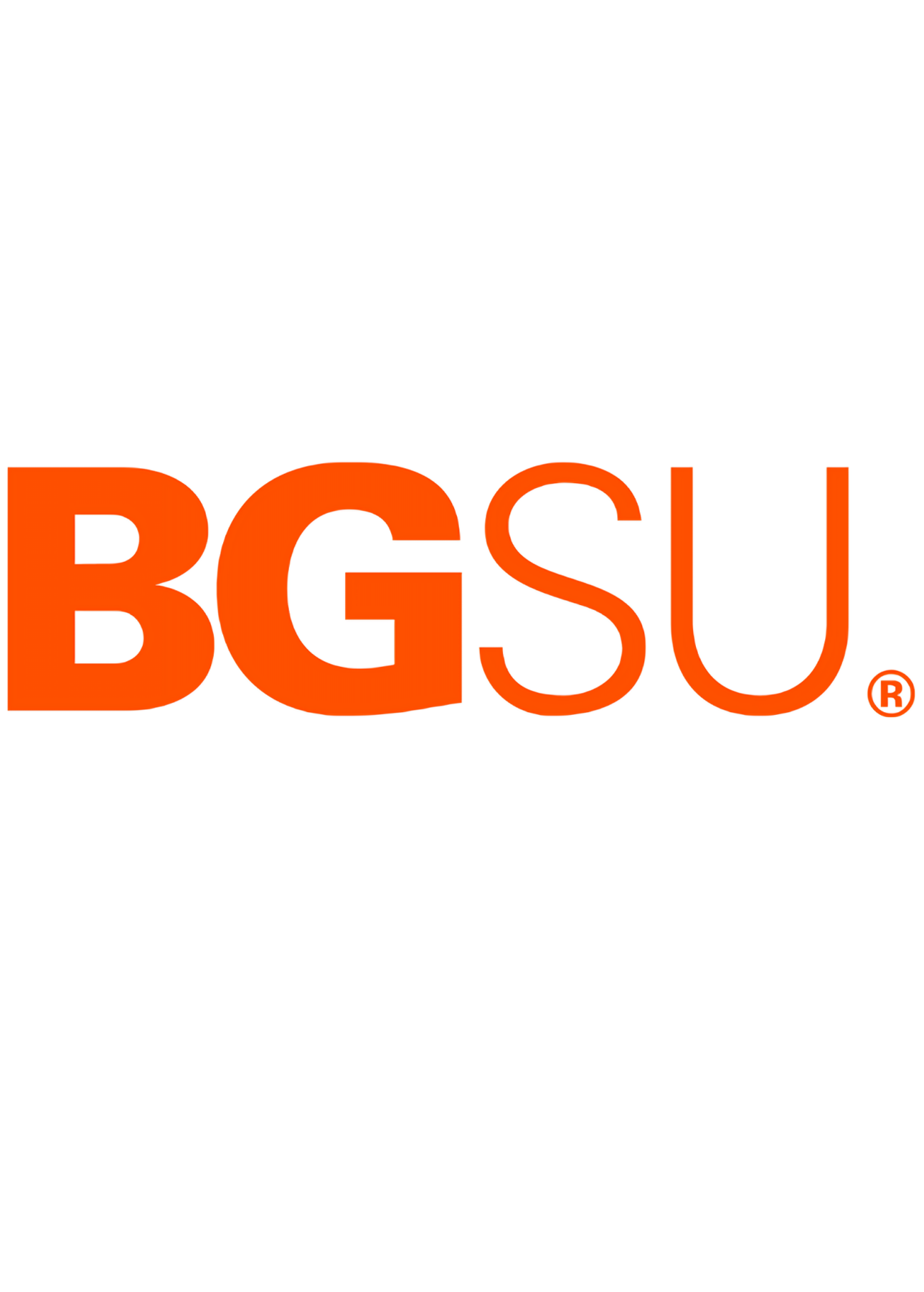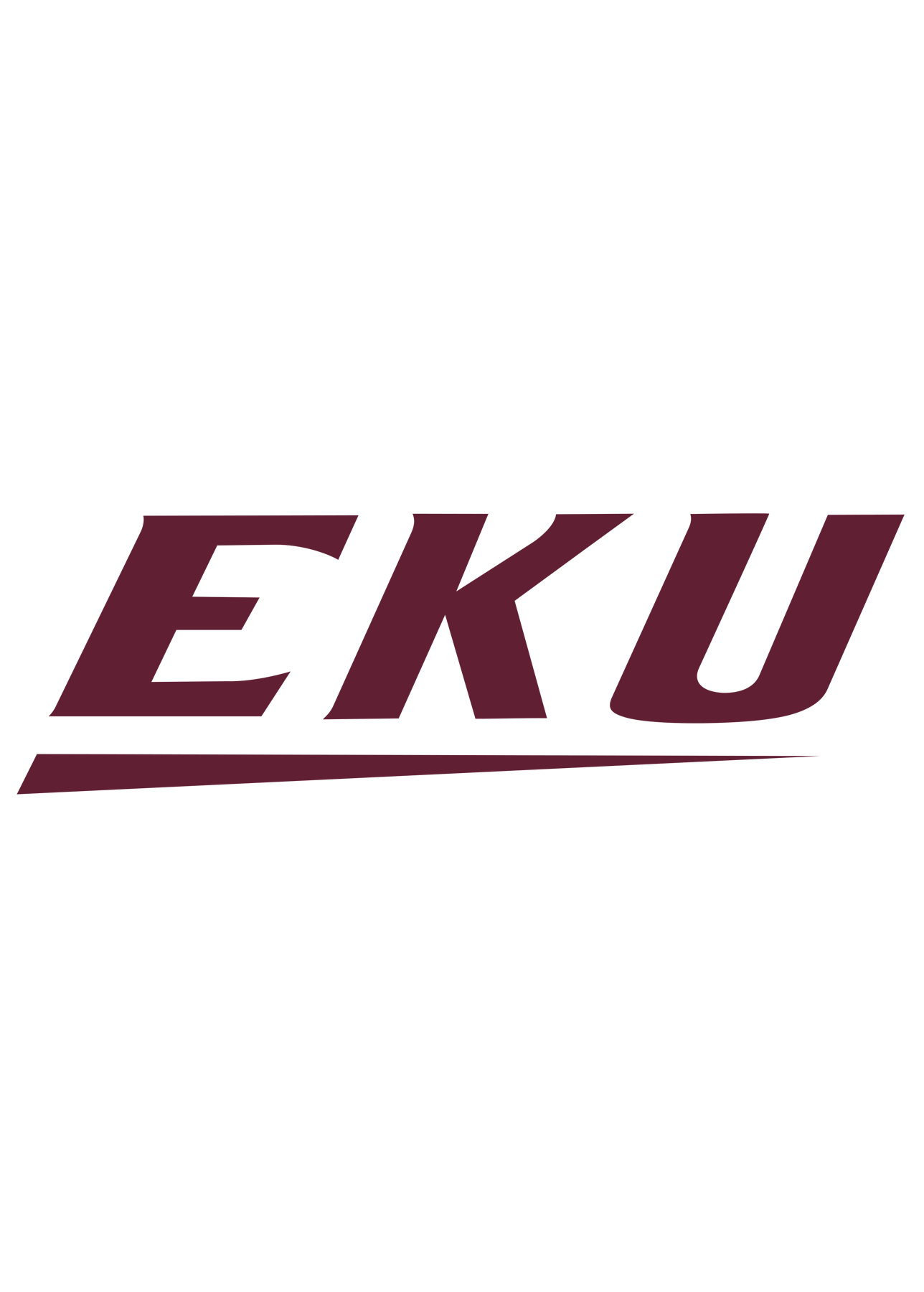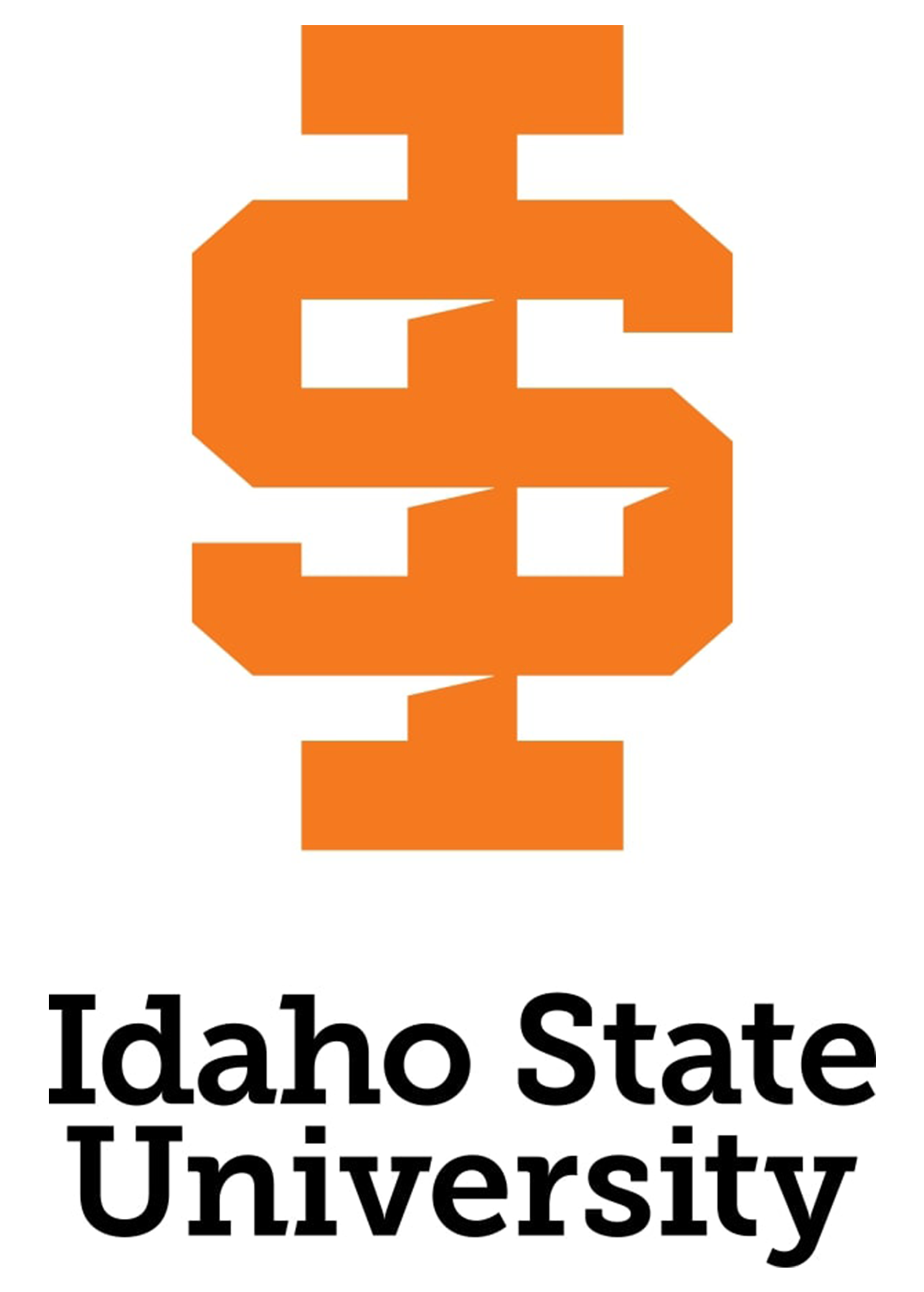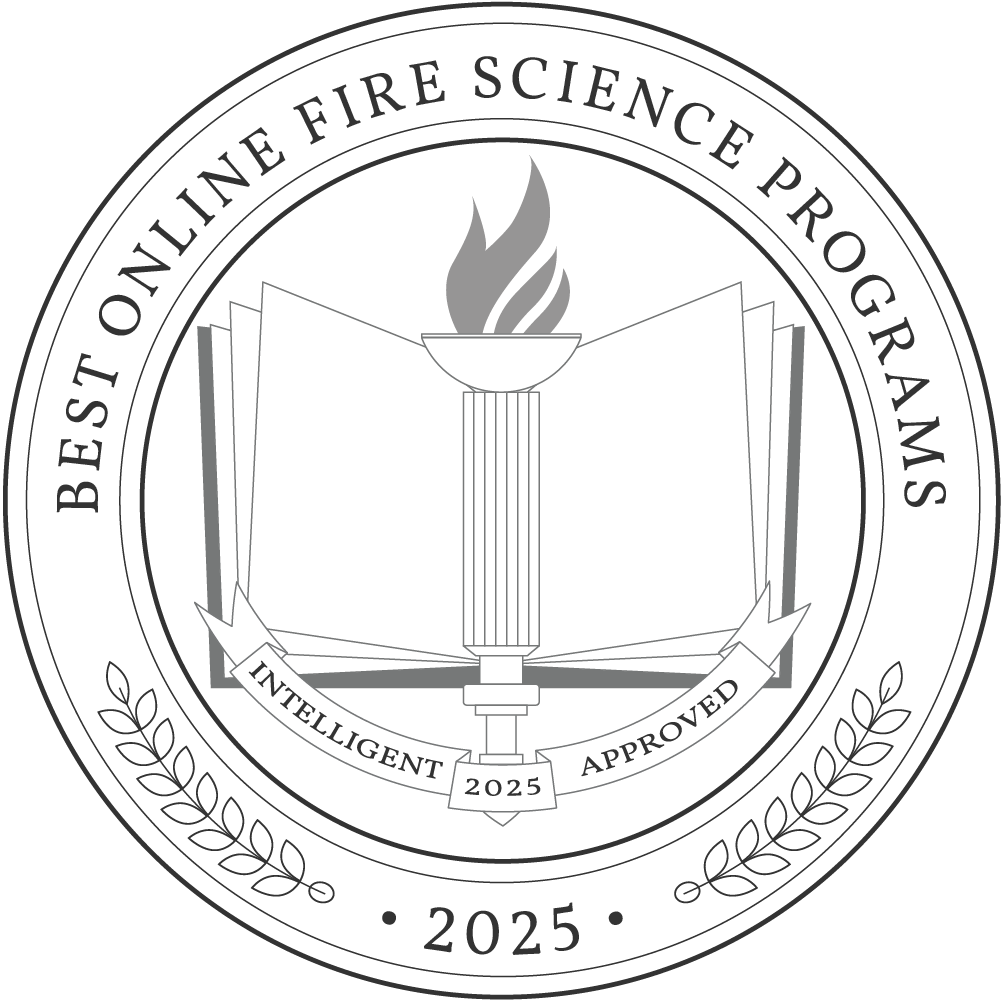Since 2000, the United States has experienced an average of 70,025 wildfires yearly, burning seven million acres. This, along with other fire risks, illustrates the importance and demand for professionals in the field of fire science. These online fire science degree programs prepare students for leadership roles, with fire inspectors earning a median salary of $74,160 and emergency management directors making $83,960. This degree also offers career advancement opportunities for current or aspiring firefighters, with the top 10% earning $93,720.
Most programs can be completed in two to four years, depending on full- or part-time enrollment, with an average cost of $25,910.
Why Trust Us
The Intelligent.com Higher Education Team is dedicated to providing students with independent, equitable school and program rankings and well-researched resources. Our expert-driven articles cover topics related to online colleges and programs, paying for school, and career outlooks. We use data from the U.S. Department of Education’s College Scorecard, the National Center for Education Statistics, and other reputable educational and professional organizations. Our academic advisory team reviews content and verifies accuracy throughout the year for the most current information. Partnerships do not influence rankings or editorial decisions.
- Analyzed over 2,000 national, accredited, and nonprofit colleges and universities
- 800+ rankings pages are reviewed and updated yearly
- Content is informed by reputable sources, surveys, and interviews with academic advisors and other experts
- Over 100 data points are reviewed for accuracy and quality throughout the year, including sources
How we rank schools
Our list features the best online Fire Science degree programs at top colleges nationwide. Each school featured is a nonprofit, accredited institution — either public or private — with a high standard of academic quality for post-secondary institutions.
We evaluated each school’s program on tuition costs, admission, retention and graduation rates, faculty, reputation, and the student resources provided for online students. We collected data from trusted sources like the National Center for Education Statistics, individual school and program websites, school admissions counselors, and other data sources. Then, we calculated the Intelligent Score on a scale of 0 to 100 based on the following criterion:
Academic Quality:
- Admission rate versus enrollment rate
- Retention rate of students who return after year one
- Accreditation status (regional and programmatic)
- Nonprofit status, both private and public institutions
Graduation Rate
- Overall graduation rate
- Total number of currently enrolled students, including diversity metrics
- Student-to-faculty ratio
Cost and ROI
- In-state and out-of-state per-credit tuition rates and fees
- Required credits to graduate
- Earning potential after graduation
- Availability of federal student loans, scholarships, and other financial aid options
Student Resources
- Available student services for online-only and hybrid programs
- On-campus amenities like tutoring centers and the number of libraries
Read more about our ranking methodology.
Best 18 Accredited Online Fire Science Programs
FiltersInstitution Type
Status
- Intelligent Score
- Alphabetically By University Name
- Acceptance Rate
- Enrollment
- In-state Graduate Tuition
- Out-of-state Graduate Tuition
- In-state Undergraduate Tuition
- Out-of-state Undergraduate Tuition

University of Florida
Intelligent Score: 99.95In-state: $4,477
Out-of-state: $25,694
In-state: $10,770
Out-of-state: $10,770
SAT: 1290-1460
ACT: 29-33
$300
Online
Southern Association of Colleges and Schools Commission on Colleges
120

Fayetteville State University
Intelligent Score: 98.59In-state: $2,982
Out-of-state: $14,590
In-state: $3,438
Out-of-state: $3,438
SAT: 840-1000
ACT: 16-20
Resident: $41
Non-Resident: $208
Online
Association to Advance Collegiate Schools of Business
120.0

University of North Carolina at Charlotte
Intelligent Score: 97.94In-state: $7,019
Out-of-state: $34,198
In-state: $10,552
Out-of-state: $10,552
SAT: 1280-1490
ACT: 28-33
Resident: $189
Non-Resident: $800
Online
Southern Association of Colleges and Schools Commission on Colleges
120

Colorado State University
Intelligent Score: 97.2In-state: $9,426
Out-of-state: $28,147
In-state: $10,520
Out-of-state: $10,520
SAT: 1070-1280
ACT: 23-29
$476
Online
Higher Learning Commission.
120

Western Illinois University
Intelligent Score: 96.80In-state: $8,712
Out-of-state: $8,712
In-state: $8,156
Out-of-state: $8,156
SAT: 880-1090
ACT: 18-24
Resident: $337
Non-Resident: $589
Online
Higher Learning Commission.
120.0

University of Cincinnati
Intelligent Score: 96.13In-state: $9,723
Out-of-state: $25,057
In-state: $13,224
Out-of-state: $13,224
SAT: 1120-1330
ACT: 23-29
$496
Online
Higher Learning Commission.
120

Anna Maria College
Intelligent Score: 92.28In-state: $36,920
Out-of-state: $36,920
In-state: $10,530
Out-of-state: $10,530
SAT: N/A
ACT: N/A
$431
Online
New England Commission of Higher Education
120

New Jersey City University
Intelligent Score: 90.99In-state: $12,676
Out-of-state: $22,826
In-state: $13,598
Out-of-state: $13,598
SAT: N/A
ACT: N/A
$459
Online
Middle States Commission on Higher Education
120

Bowling Green State University
Intelligent Score: 90.88In-state: $9,463
Out-of-state: $17,452
In-state: $8,017
Out-of-state: $8,017
SAT: 1020-1210
ACT: 20-26
Resident: $449
Non-Resident: $460
Online
Higher Learning Commission.
122.0

Salem State University
Intelligent Score: 90.69In-state: $910
Out-of-state: $7,050
In-state: $2,520
Out-of-state: $2,520
SAT: N/A
ACT: N/A
Resident: $38
Non-Resident: $294
Online
New England Commission of Higher Education
120.0

Eastern Kentucky University
Intelligent Score: 87.99In-state: $9,266
Out-of-state: $19,338
In-state: $9,900
Out-of-state: $9,900
SAT: 950-1170
ACT: 19-25
$434
Online
Southern Association of Colleges and Schools Commission on Colleges
120

Saint Leo University
Intelligent Score: 86.7In-state: $23,990
Out-of-state: $23,990
In-state: $14,568
Out-of-state: $14,568
SAT: N/A
ACT: N/A
$425
Online
Southern Association of Colleges and Schools Commission on Colleges
120

Eastern Oregon University
Intelligent Score: 86.2In-state: $7,830
Out-of-state: $20,520
In-state: $17,550
Out-of-state: $17,550
SAT: N/A
ACT: N/A
$316
Online
Northwest Commission on Colleges and Universities
180

Idaho State University
Intelligent Score: 85.13In-state: $5,928
Out-of-state: $22,550
In-state: $7,982
Out-of-state: $7,982
SAT: N/A
ACT: N/A
$273
Online, On-Campus
International Fire Service Accreditation Congress
120

University of Wisconsin Oshkosh
Intelligent Score: 85.09In-state: $9,273
Out-of-state: $37,161
In-state: $10,728
Out-of-state: $10,728
SAT: 1260-1460
ACT: 27-32
$312
Online
Higher Learning Commission.
125

Liberty University
Intelligent Score: 83.94In-state: $14,791
Out-of-state: $14,791
In-state: $7,935
Out-of-state: $7,935
SAT: 1040-1250
ACT: 21-29
$390
Online
Southern Association of Colleges and Schools Commission on Colleges
120

College of Southern Nevada
Intelligent Score: 82.42In-state: NA
Out-of-state: NA
In-state: NA
Out-of-state: NA
SAT: N/A
ACT: N/A
$124 - $203
Online
Northwest Commission on Colleges and Universities
121.0

Texas A&M University-San Antonio
Intelligent Score: 82.07In-state: $8,395
Out-of-state: $36,849
In-state: $6,775
Out-of-state: $6,775
SAT: 1160-1380
ACT: 26-32
Resident: $50
Non-Resident: $470
Online
Southern Association of Colleges and Schools Commission on Colleges
120
How to Choose an Online Fire Science Program
Choose your area of study
Choosing an area of study should be your first step in selecting a degree program, as different specializations prepare you for various careers. For instance, fire service leadership suits those aiming for management roles, while fire investigation is ideal for aspiring fire inspectors and investigators. Emergency medical services management is perfect for students interested in overseeing EMS operations. Additionally, many programs offer minors like business administration or gerontology, which can boost your degree’s versatility and usefulness in the long run.
Research schools and programs
Once you’ve chosen a specialization, you can begin researching schools and programs by asking these questions:
- Is the program accredited?
- What courses are in the curriculum, and how relevant are they to my specialization?
- What are the faculty’s qualifications?
- Are there internships or hands-on training opportunities?
- What are the program’s graduation and job placement rates?
You can find this information on university websites, by attending an information session, and by contacting admissions offices.
Prepare for tests and applications
Now that you’ve conducted ample research, it’s time to focus on test and application prep. Start by seeking out letters of recommendation and requesting transcripts well in advance to avoid unnecessary delays. You’ll also want to devote adequate time to writing your personal statement, which can make a big difference in your application.
While standardized test requirements vary, participating in SAT or ACT prep programs can be beneficial if test scores are required.
Select your program
The arrival of acceptance letters is always an exciting time, but it can quickly become overwhelming if you receive more than one. Take some time to revisit your initial research criteria to determine which program best meets your needs. It may be helpful to re-evaluate each program based on accreditation, faculty credentials, internship opportunities, and job placement rates.
Don’t forget to assess the total cost of attendance — including tuition, fees, and materials — to ensure your choice is financially feasible.
Determine how you’ll pay for your degree
For many students, paying for their degree without a significant debt burden is a top priority. First, file the FAFSA as early as possible to determine your eligibility for federal financial aid. Next, apply for institutional scholarships, grants, and assistantships to further reduce costs. These forms of aid don’t require repayment and can ease the financial burden.
If additional funding is needed, prioritize federal loans over private loans due to their lower interest rates and more flexible repayment options.
What Can You Expect From an Online Fire Science Program?
By enrolling in an online fire science degree program, you can expect a comprehensive curriculum to provide the necessary knowledge and skills for a career in fire services, emergency management, or fire safety education.
Many curriculums provide coursework covering a wide range of topics, including fire behavior and combustion, fire prevention practices, fire protection systems, emergency services management, and building construction for fire protection. Upper-level courses may delve into fire investigation, hazardous materials management, and fire-related human behavior. Most of the coursework can be completed entirely online, providing flexibility for studying at your own pace and accommodating different schedules.
While it’s possible to complete most online fire science degree programs in two years, the flexible nature of online learning is particularly advantageous for working professionals and those with other significant commitments. As such, many students take three to four years to complete degree requirements, balancing their education with a full-time job or family commitments.
Students interested in building construction and infrastructure projects should also consider online construction management programs, as this may be a better fit for your personal interests and professional goals.
Potential courses you’ll take in an online fire science program
- Fire Service Leadership: A cornerstone in most curriculums, this course teaches the fundamental principles of leadership and management within the context of fire services. Topics may include leadership theories, team dynamics, decision-making processes, and strategic planning. Students will also explore effective communication techniques and ethical considerations in leadership roles.
- Emergency Medical Services Management: This course focuses on the administration and operational aspects of emergency medical services (EMS). Participants will study the organizational structure of EMS, resource management, and the integration of EMS with other emergency services.
- Fire Emergency Services Administration: Students in this course will examine the administrative functions critical to fire and emergency services. Areas of study may include budgeting, personnel management, policy development, and organizational behavior. The course aims to teach students how to effectively manage fire departments and other emergency service organizations.
- Fire and Emergency Legal Considerations: This upper-level course provides an overview of the legal issues and regulations impacting fire and emergency services. Learners will study relevant laws, codes, and standards — including occupational safety regulations, liability issues, and the legal responsibilities of fire service personnel.
Online Fire Science Degree Frequently Asked Questions
How do I apply to an online fire science degree program?
The application process for these programs can vary depending on the institution, but most programs share similar requirements:
- High school diploma or equivalent
- Minimum GPA requirement, usually 2.5 or higher
- Letters of recommendation
- Personal statement
Most programs require completing prerequisite courses before admission. Contacting an admission counselor can help you navigate this process and ensure you meet all requirements for a successful application.
How much does an online fire science degree cost?
For the 2020-2021 academic year, the average cost of tuition for undergraduate degrees was $25,910. However, tuition is just one part of the total costs. You should also consider additional expenses, like technology fees, library fees, course materials, and textbooks, to get a better idea of the overall cost of attendance.
How long does it take to earn an online fire science degree?
Earning this degree takes two years for most full-time students, with part-time students taking up to four years. The total number of required credits varies by program and can significantly impact the completion timeline. Be sure to evaluate this ahead of time to accurately plan your degree path and better estimate how long it will take you to graduate.

